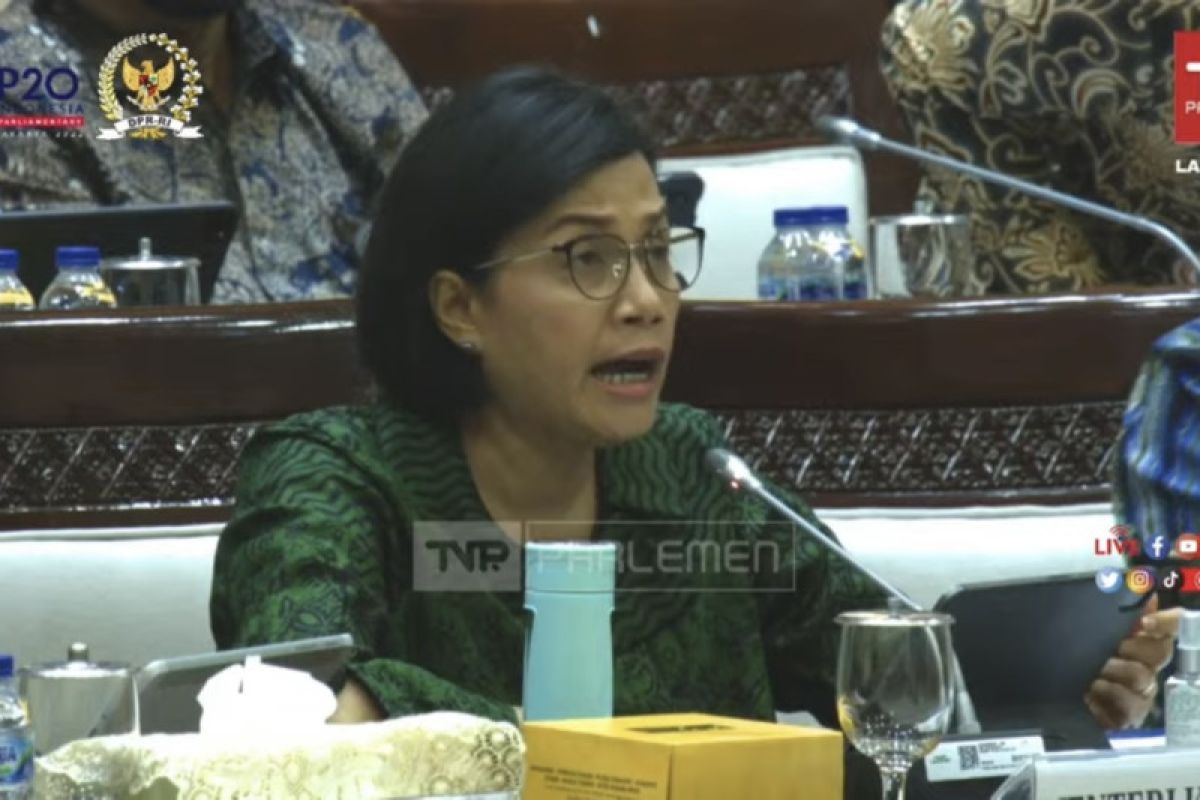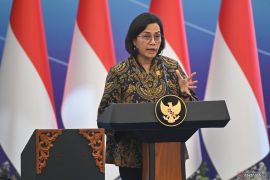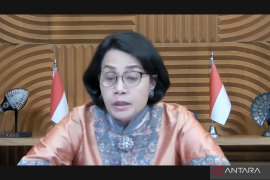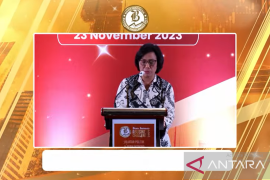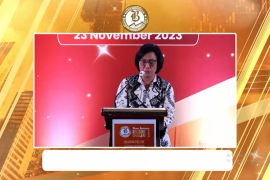"If we look at 2023, there is a tendency for a downward revision of the economic projections," the minister stated at a working meeting with Commission XI of the Indonesian House of Representatives (DPR RI) in Jakarta, Wednesday.
Indrawati pointed out that the hawkish monetary policies from central banks in developed countries had been one of the factors causing a downward revision in the economic projection.
Central banks in developed countries are expected to continue to increase the interest rates in 2023 and will affect the economic growth and Indonesia's export growth, she added.
"We cannot always rely on our 30-percent export growth," Indrawati affirmed.
Hence, she noted that the government will be highly cautious since consumption also has the potential to weaken due to the rising commodity prices despite consumption being the pillar of economic growth in 2023.
"This is what we need to look at for the 2023 forecast. We have to consider these new factors," she emphasized.
Related news: Two strategies to ensure 2023 budget promotes growth: President
Moreover, next year's economic growth target of 5.3 percent will be supported by household consumption that is estimated to grow 5.2 percent, non-profit organization serving household (LNPRT) consumption is projected to clock an 8.1-percent growth, and government consumption is estimated to grow 0.8 percent.
"Household consumption will remain above five percent, which is a fairly optimistic assumption," she remarked.
Moreover, investment is projected to grow 6.1 percent; exports, eight percent; imports, 7.1 percent; manufacturing, 5.3 percent; agriculture, 3.7 percent; trade, 5.4 percent; construction, 6.5 percent; mining, 3.2 percent; and transportation, 7.4 percent.
According to Indrawati, based on the targeted investment growth of 6.1 percent next year, greater efforts were required on account of the fact that in the second quarter of 2022, it was still at the level of around three percent.
The minister emphasized the need for support to achieve the 2023 investment target, from the banking side, capital market, and through the creation of ease of doing business to attract capital inflows.
Meanwhile, sectors hit deeper by the scarring effect of the COVID-19 pandemic, such as construction, transportation, and accommodation, are expected to start to recover in 2023.
"Those sectors are forecast to recover in 2023 if they are not affected by the global situation," the minister added.
Related news: Gov't fosters industrial estates to boost manufacturing sector growth
Related news: Government targets 5.3% economic growth in 2023
Translator: Astrid Faidlatul H, Resinta S
Editor: Suharto
Copyright © ANTARA 2022
